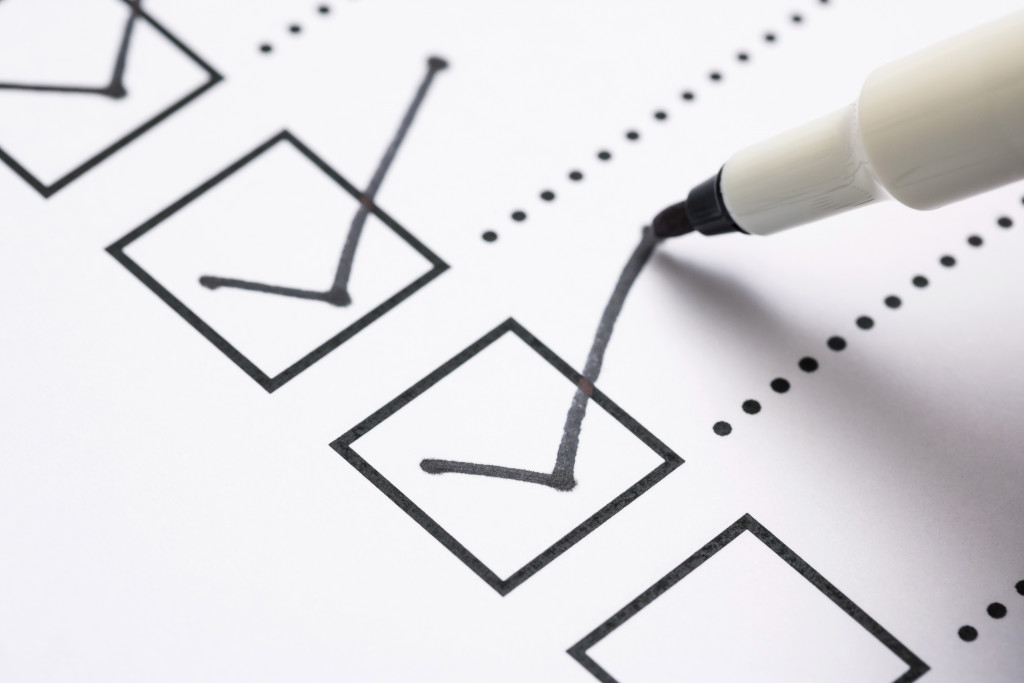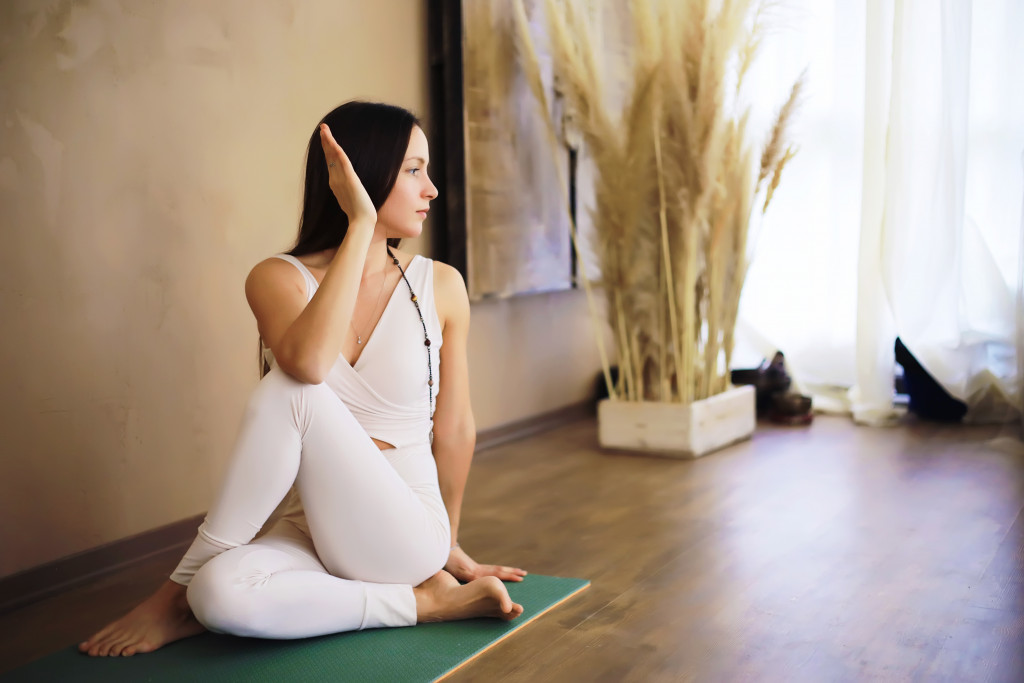- Juggling the responsibilities of parenting and personal life can be quite a challenge.
- To effectively manage time, it is crucial to prioritize tasks and establish boundaries.
- Collaborate with your partner or support system to distribute responsibilities effectively.
- Indulge in self-care without any guilt to enhance your overall well-being.
- Engage in relaxation activities like meditation, deep breathing, yoga, or soothing baths.
Balancing parenting responsibilities with personal life can be challenging for many parents. Juggling the demands of raising children while also caring for your needs requires careful planning and organization. This guide will provide five tips to help you effectively balance parenting and personal life, allowing you to nurture your family and yourself.
1. Prioritize and Establish Boundaries
Setting clear priorities and boundaries is essential in balancing parenting and personal life. Determine what matters most to you and allocate your time and energy accordingly. Identify your non-negotiables, such as family meals or dedicated personal time, and communicate them to your family members.
Establishing boundaries means learning to say no when necessary. It’s important to recognize that declining certain commitments or delegating tasks to others is okay. You create a healthier balance between your parenting responsibilities and personal life by prioritizing and setting boundaries.
2. Create and Stick to a Schedule

Creating a schedule can help you effectively manage your time and ensure that your parenting duties and personal activities are accounted for. Plan your days, weeks, and months ahead by using a calendar or planner. Include both family commitments and personal appointments in your schedule.
When creating your schedule, be realistic about what you can accomplish in a given timeframe. Allow for flexibility and build in buffer time for unexpected events or delays. Stick to your schedule as much as possible, but also be open to adjustments when necessary. A well-planned schedule can provide structure and help you balance your parental and individual roles.
3. Delegate and Share Responsibilities
Parenting doesn’t have to be a solo endeavor. Involve your partner, family members, or close friends in sharing childcare responsibilities and household tasks. Delegate age-appropriate tasks to your children, teaching them about responsibility and teamwork.
Communicate your needs openly with your partner or support system and create a plan together. Sharing responsibilities can lighten the load and create more time for personal activities. Remember that asking for help is not a sign of weakness but rather a way to ensure your family and personal life thrive.
4. Practice Self-Care
Taking care of yourself is crucial in maintaining a healthy balance between parenting and personal life. Set aside regular time for self-care activities that recharge and rejuvenate you. This can include engaging in hobbies, exercising, reading, or simply spending time alone doing things that bring you joy.
Prioritize self-care without guilt, as it enhances your well-being and allows you to show up as the best version of yourself for your family. Remember that self-care is not selfish but a necessary part of being an effective parent.
5. Engage in Relaxation Activities
In addition to self-care, regular relaxation activities are important for finding balance.
Here are the types of relaxation activities that you can engage in:
Meditation
Meditation is a practice that involves training the mind to achieve a heightened state of consciousness, promoting relaxation and inner peace. By focusing on the present moment through meditation, you can increase self-awareness and reduce stress.
There are many different types of meditation, such as guided, mantra, or mindfulness meditation. You can also find various apps and resources that offer guided meditations for beginners.
Deep Breathing Exercises
Deep breathing exercises entail deliberately taking slow, profound breaths with the aim of fostering relaxation and alleviating tension. These exercises can be done anywhere and anytime, making them a convenient way to incorporate relaxation into your daily routine.
For deep breathing practice, find a comfortable sitting or lying position and gently rest one hand on your abdomen. Take a deep breath through your nose, filling the lungs and feeling your stomach rise. Pause for a few seconds, then release a slow exhale through your mouth, allowing your stomach to gently descend. Repeat this process for a few minutes until you feel calm and relaxed.
Yoga

Yoga is a holistic practice that integrates physical postures, mindful breathing, and meditation to cultivate relaxation and enhance overall well-being. By practicing different poses, you can increase flexibility, strength, and balance while calming the mind.
There are various types of yoga, such as Hatha, Vinyasa, or Yin. Each type offers different benefits and can cater to your specific needs. You can attend yoga classes at a studio or follow online tutorials.
Qigong
Qigong is a time-honored Chinese discipline that harmoniously blends graceful movements, mindful breathing techniques, and serene meditation. It is believed to help balance the body’s energy flow and improve overall health.
While qigong can be practiced on your own, attending professional qigong classes can enhance your experience and deepen your understanding of the practice. Professional instructors can guide you through different movements and techniques, ensuring you practice safely and effectively.
In Closing
Balancing parenting and personal life requires intentional effort and conscious decision-making. Prioritize and establish boundaries, create and stick to a schedule, delegate and share responsibilities, practice self-care, and engage in relaxation activities. Remember that finding balance is an ongoing process, and being kind to yourself along the way is important. By nurturing both your family and yourself, you can create a harmonious and fulfilling life as a parent.
